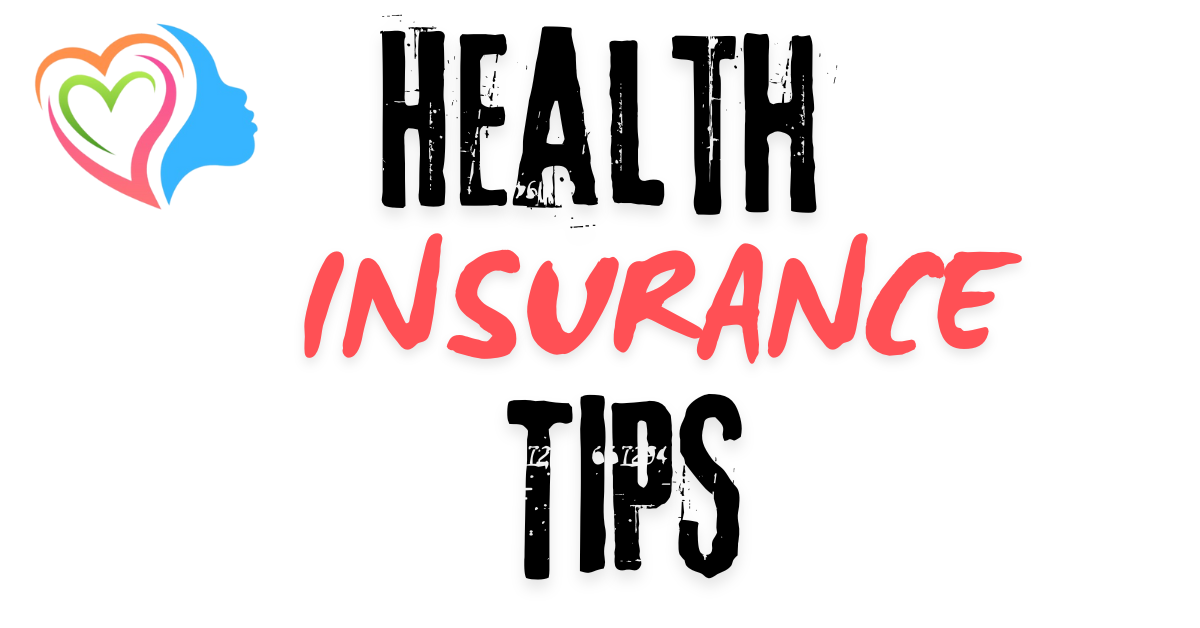
Health insurance tips is an essential component of financial planning and healthcare management. With the rising costs of medical care, having the right health insurance plan can protect you from unexpected expenses and provide access to necessary medical services. This article will provide a comprehensive guide on understanding health insurance, comparing different plans, evaluating costs, and maximizing your benefits.
Understanding Health Insurance Tips Basics
Health insurance is a contract between you and an insurance company that requires the insurer to pay part or all of your medical expenses in exchange for a premium. Key components of health insurance include:
- Premiums: The amount you pay for your health insurance every month.
- Deductibles: The amount you pay out-of-pocket for healthcare services before your insurance begins to pay.
- Copayments: A fixed amount you pay for a covered health service, usually when you receive the service.
- Coinsurance: Your share of the costs of a covered healthcare service, calculated as a percentage of the allowed amount for the service.
Different types of health insurance plans include:
- Health Maintenance Organization (HMO): Requires you to use doctors, hospitals, and labs within its network for your care.
- Preferred Provider Organization (PPO): Offers more flexibility in choosing healthcare providers and doesn’t require a referral to see a specialist.
- Exclusive Provider Organization (EPO): Similar to HMOs but may have more restrictive network options.
- Point of Service (POS): A mix of HMO and PPO features, requiring a referral from your primary care doctor to see a specialist.
Assessing Your Health Care Needs
Before selecting a health insurance plan, assess your healthcare needs. Consider:
- Your current health status and any chronic conditions.
- Frequency of doctor visits.
- Prescription medication requirements.
- Preferred healthcare providers and facilities.
- Family health history and potential future medical needs.
Comparing Health Insurance Plans
When comparing health insurance plans, consider the following tips:
Coverage Options and Benefits
- Network Size: Ensure the plan has a wide network of doctors, hospitals, and specialists.
- Coverage for Specific Conditions: Verify that the plan covers any specific conditions or treatments you may need.
- Preventive Care: Check if the plan covers preventive services, such as immunizations, screenings, and wellness programs.
Evaluating Costs
Understanding the true cost of health insurance goes beyond just the premiums. Consider:
- Out-of-Pocket Maximums: The most you have to pay for covered services in a plan year. After you spend this amount on deductibles, copayments, and coinsurance, your health plan pays 100% of the costs of covered benefits.
- Copayments and Coinsurance: Compare the copayments and coinsurance amounts for different plans.
- Prescription Drug Coverage: Evaluate how each plan covers your medications, including any copayments or coinsurance for prescriptions.
Checking the Provider Network
Ensure that your preferred doctors and hospitals are included in the plan’s network. Going out-of-network can result in significantly higher costs or may not be covered at all. Verify that the network includes a wide range of specialists and facilities to meet your needs.
Understanding Plan Benefits
Review and understand the benefits offered by different plans. Look for:
- Preventive Care and Wellness Programs: Many plans offer benefits for preventive care, such as vaccinations and screenings, which are crucial for early detection and management of health issues.
- Specialized Services: Some plans offer benefits for services like mental health care, physical therapy, and alternative medicine.
Reading the Fine Print
Carefully read and understand policy documents to avoid surprises. Pay attention to:
- Exclusions and Limitations: Understand what is not covered by the plan.
- Preauthorization Requirements: Some services may require preauthorization from the insurance company.
- Claim Procedures: Know the process for filing claims and any deadlines you must meet.
Making the Most of Your Health Insurance
To maximize your health insurance benefits:
- Regularly Use Preventive Care Services: Take advantage of preventive care services, such as vaccinations, screenings, and wellness visits, which are often covered at no additional cost.
- Stay In-Network Whenever Possible: Using in-network providers can save you money, as out-of-network services may not be covered or may come with higher out-of-pocket costs.
- Keep Track of Medical Expenses and Claims: Maintain records of your medical expenses and claims to ensure accuracy and to help manage your healthcare budget.
Special Considerations
When selecting and using health insurance, consider special circumstances, such as:
- Managing Chronic Diseases: If you have a chronic condition, choose a plan that provides comprehensive coverage for managing chronic diseases, including regular health screenings, medications, and specialist visits.
- Family Coverage: If you need coverage for your family, ensure the plan meets everyone’s healthcare needs.
- Travel Needs: If you travel frequently, check if the plan offers coverage outside your local area.
Conclusion
Choosing the right health insurance plan is essential for managing your healthcare needs and protecting yourself from high medical costs. By understanding the basics of health insurance, assessing your needs, comparing plans, and maximizing your benefits, you can make informed decisions that ensure you and your family receive the best possible care. Regular health screenings and preventive care are crucial for early detection and management of health conditions, helping you maintain optimal health and well-being.





